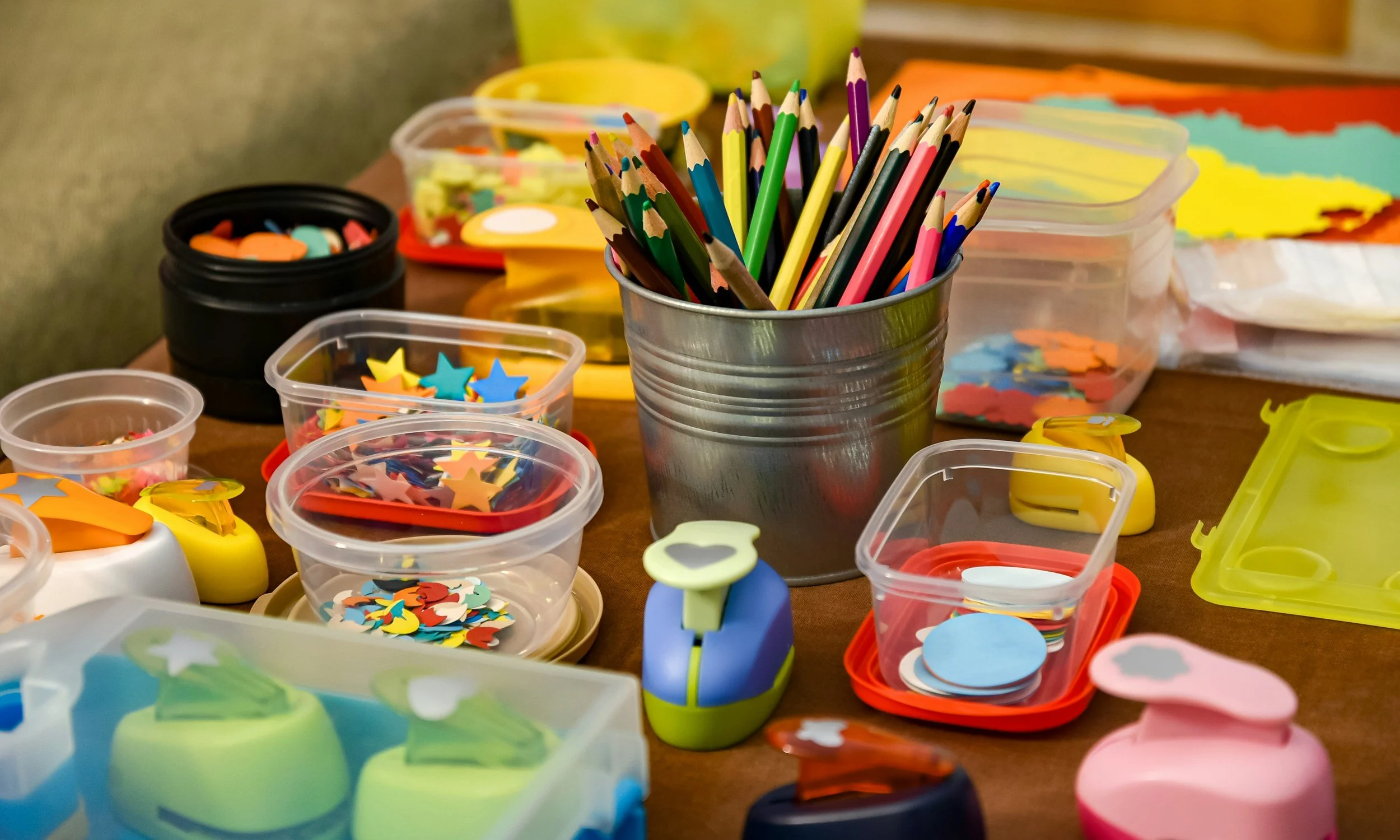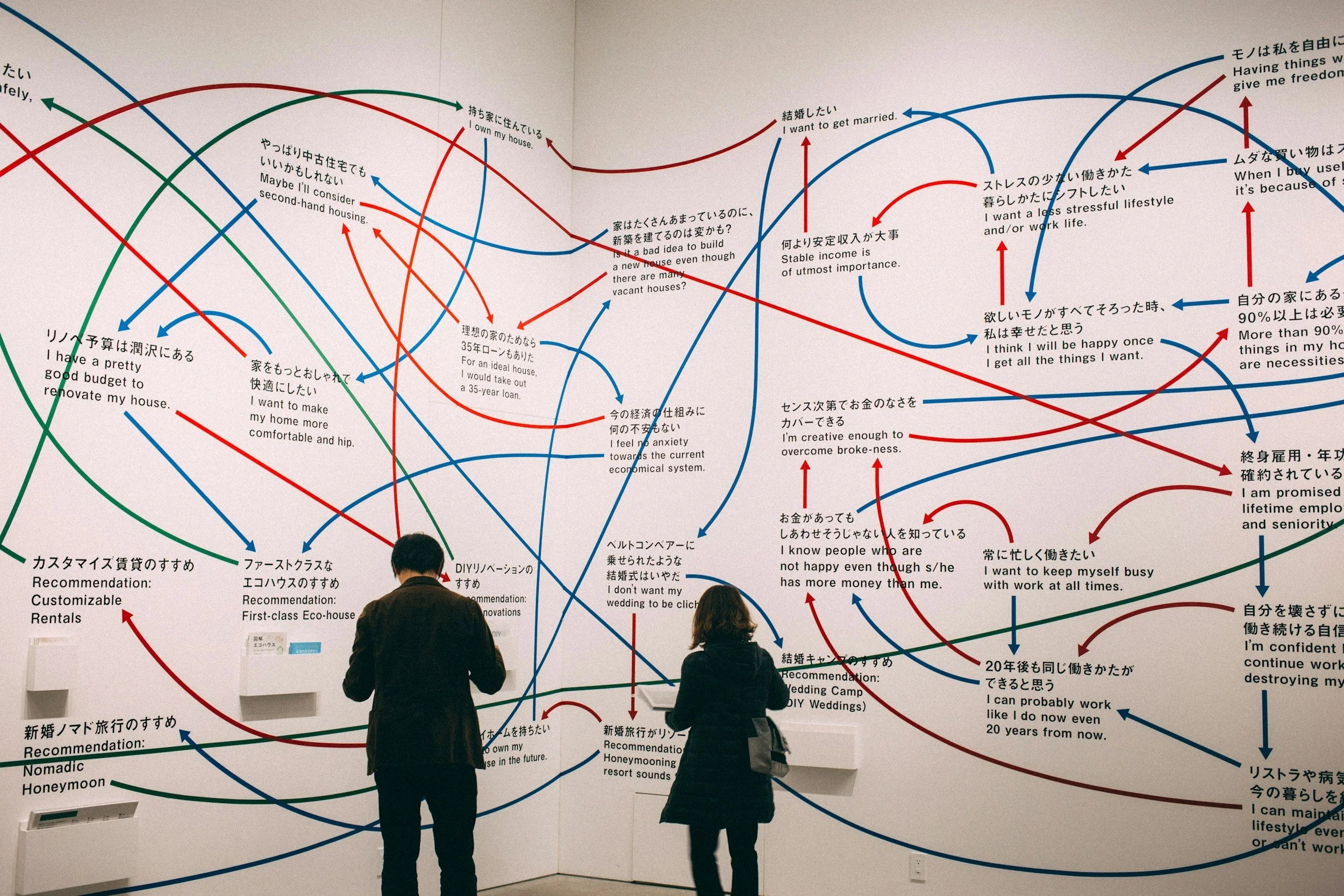Narrative Lectionary Key Verse for Today
“Just like the clay in the potter’s hand, so are you in my hand, O house of Israel.”
NL Daily Devotion for Sunday, June 22, 2025
by Rev. Dr. Miles Hopgood, Clergy Stuff
Main Idea: We are not finished works, nor will we ever be in this life. The imagery of God as the potter and us as the clay is a promise to reshape us anew each day by God’s love and grace.
The act of artistic creation is both intimate and revelatory. In the film Titanic (1997), Jack’s sketch of Rose on the Titanic is both the stand-in for their relationship and the emblem of her hope for true love in her life. In Ghost (1990), the eponymous ghost of Sam joining Molly at the potter’s wheel lets her know that he has not truly left her. Hamlet’s play-within-the-play allows him to reveal his uncle’s treachery in murdering his father to gain the crown. Art, it seems, reveals not only the conscience of kings but the way things truly are.
Building on themes of relationality in the passage from last week, Jeremiah here offers us a new metaphor to reveal how God relates to us: one of the potter and the clay. Perhaps you are familiar with St. Paul’s allusion to this passage in Romans 9, where he speaks starkly about God’s prerogative to form some for honor and others like Pharaoh for, well, smashing in order to demonstrate God’s power. With all respect to the apostle, Jeremiah uses this imagery in a much different way. Whereas for Paul, the appeal to God as potter is an assertion of God’s authority as author of creation to fashion us how God wishes, for Jeremiah, both we and what God is at work doing in creation are pieces which have yet to be fired in the kiln. Wet and pliable, God is still at work on us and our world. Similarly, whereas Paul’s imagery is of a potter with a master plan, Jeremiah’s potter is more responsive to the clay itself, working it toward what he wants it to be but mindful of the way the clay is struggling to hold its shape and needs reform.
Jeremiah reminds us that we miss the meaning of the metaphor when we focus on the end product rather than the process. This imagery is again about the relationality between us and God, the care and concern with which God is not only present but active in our lives. At times this is something we experience as judgment, and Jeremiah does not hold back on that account. But again, we miss the point when we focus on the end. The message here is of a God who is always ready to receive our repentance and only ever at work for the good of us and of all creation.
There is so much about our world that wants us to accept that the way things are is all that we could ever hope for in ourselves, our neighbors, and creation. A great deal has been invested in convincing us that poverty and exploitation are inescapable realities of our world, that policing and the violence which accompanies it is the cost of keeping us safe, that racism and other forms of hatred are natural outcomes to evolutionary biology, and so on. Against such voices, Jeremiah proclaims a word of good news: the God who is the author of creation is still at work and is not satisfied with what she sees. She will not rest until her plan for this creation has been enacted and given birth to something new. Nothing has been fired in the kiln yet, and nothing will be until what is fired conforms to the image of God’s mercy and love in Christ.





